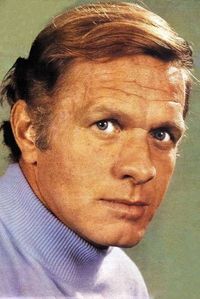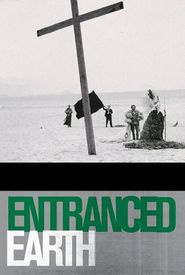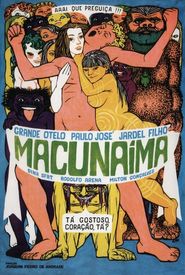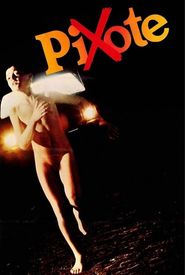Jardel Jercolis Filho's existence was a prolonged manifestation of artistic expression, with creative influences permeating every stage of his life, from his very inception to his eventual demise.
Born into a family with a rich artistic heritage, his father, Jardel Jercolis, was a renowned theatrical entrepreneur, while his mother, Lídia Bôscoli, was a talented actress.
The circumstances of his birth were shrouded in a sense of uncertainty, as his family's financial struggles led to a prolonged stay in the maternity ward, with his mother, Lídia Bôscoli, being unable to afford the costs of his birth and subsequent care, ultimately necessitating an extended period of hospitalization.
It was only after a grueling month-long stay in the maternity ward that his mother was finally able to secure the necessary funds to pay for her son's birth and return to their home in Rio de Janeiro, marking a turning point in the young Jardel Jercolis Filho's life.
Next person biography:
As he navigated the formative years of his life, he embarked on an initial foray into the military, driven by a sense of duty and responsibility. However, the allure of the performing arts soon proved too great to resist, and he made the transition to the world of theater, where he began his professional journey with the esteemed Dulcina & Odilon Company. This marked the beginning of a fruitful period of collaboration and growth, as he went on to work alongside the talented Bibi Ferreira and Henriette Morineau.
Meanwhile, his interest in the cinematic arts was piqued, and he made his big-screen debut in the 1949 film "Dominó Negro", a project that would ultimately run concurrently with his burgeoning television career.
Noted actor, renowned for his remarkable performance in the esteemed play "Jezebel", garnered a prestigious gold medal at the ABCT for his outstanding portrayal.
Throughout his illustrious career, he had the privilege of collaborating with the esteemed Vera Cruz Cinematographic Company, where he contributed to the creation of several notable films, including "Floradas na Serra" and "Uma Pulga na Balança".
As a talented thespian, he had the distinction of being part of the cast for an impressive thirty films, showcasing his versatility and range as an actor. Some of his most notable roles included appearances in the critically acclaimed films "Macunaíma" by the visionary Joaquim Pedro de Andrade, "Pixote, a Lei do Mais Fraco" by the acclaimed Hector Babenco, "Terra em Transe" by the influential Glauber Rocha, and "O Bom Burguês" by Oswaldo Caldeira.
Tragically, his last work in cinema, "O Bom Burguês", premiered posthumously, serving as a poignant reminder of his lasting impact on the world of cinema.
A multifaceted individual with a diverse range of television credits to his name, he embarked on a prolific acting career, appearing in a remarkable 17 novels and miniseries, showcasing his remarkable versatility and adaptability.
Some of his most notable roles include starring in the critically acclaimed "O Bofe" by renowned creator Bráulio Pedroso, as well as appearing in "Verão Vermelho", "O Bem-Amado" by the celebrated Dias Gomes, "O Homem que Deve Morrer", "Fogo Sobre Terra", "Coração Alado", all masterfully crafted by the talented Janete Clair, "Brilhante" by Gilberto Braga, "O Espantalho" by Ivani Ribeiro, and "Memórias de Amor" by Wilson Aguiar Filho.
Tragically, the life of a 72-year-old individual came to an abrupt end on a Saturday morning, as a result of a sudden and unexpected heart attack, which occurred at his residence. At the time of his passing, he was engaged in the process of recording the final 20 episodes of a novel entitled "Sol de Verão", penned by renowned author Manoel Carlos, for the esteemed Rede Globo television network. The sudden and unforeseen nature of his demise led to the unexpected removal of his character, Heitor, from the ongoing plot of the novel.





















